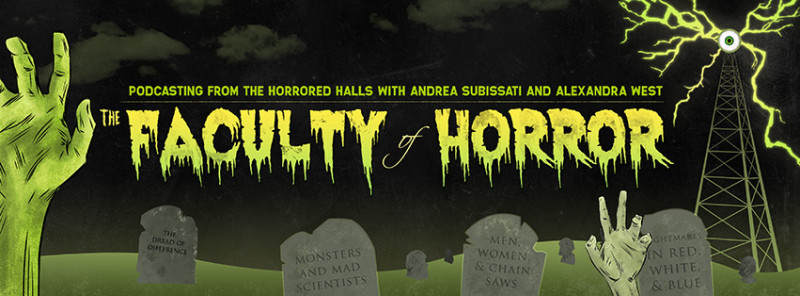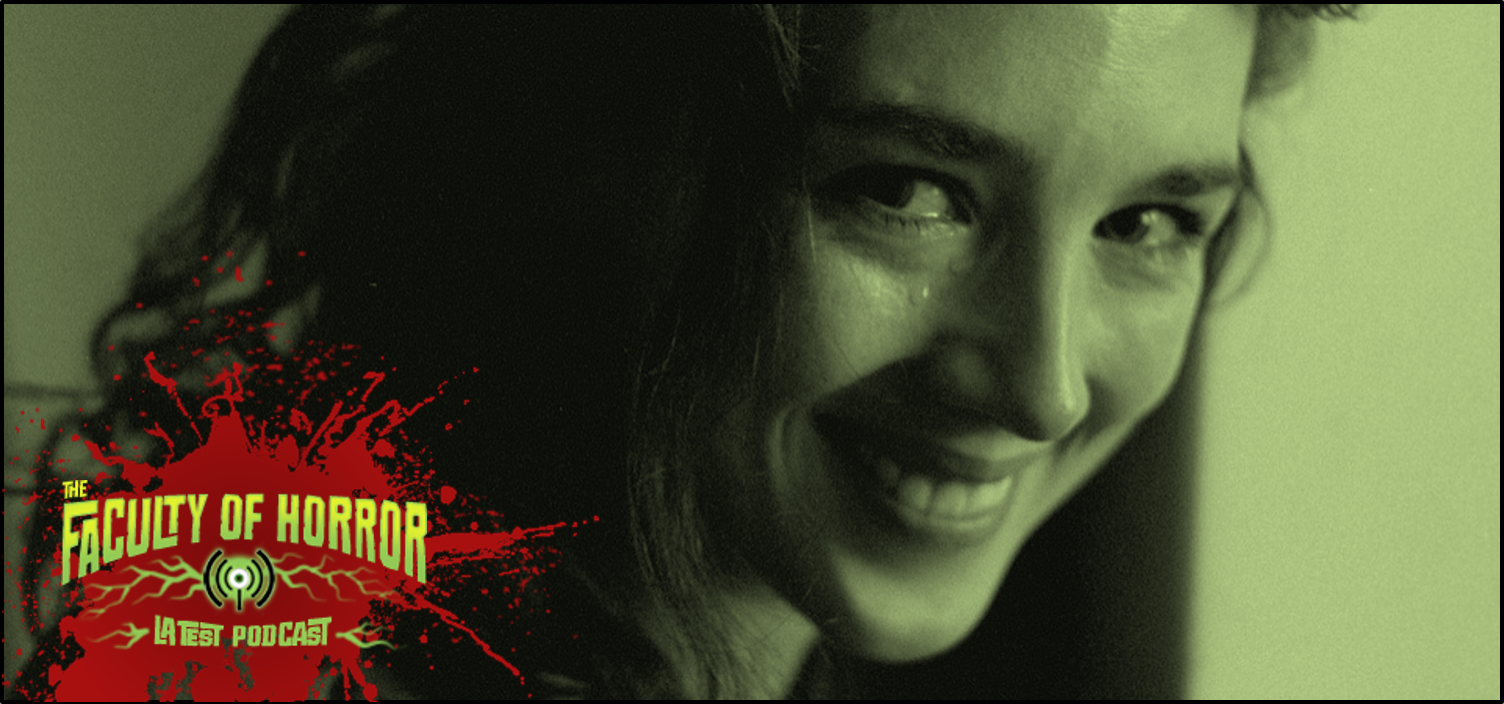In this episode, we delve into the murky waters of intimate relationships, nuclear families, and revolutionary theatre practices with Andrej Zulawski’s Possession. From the film’s almost instant cult-status to its rocky release, we look at what has made Possession one of the great filmic break-ups and breakthroughs of the late 20th century.
REQUIRED READING
Possession. Dir Andrej Zulawski, 1981.
EXTRA CREDIT
House of Psychotic Women. Kier-La Janisse’s examination from horror from her perspective. A ground-breaking and personal look at the genre.
Once Upon a Text: Hysteria from Hippocrates. Helen King’s chapter on the patriarchal uses of the term “hysteria.”
Five of the best… Sarah Kane Plays. The National Theatre’s overview of Kane’s writing with links, if you’d like to learn more about her.
Possession: A Marriage of the Natural and Supernatural. David West’s look at the film and Anna’s cryptic monologue.
The Coronavirus Crisis Shows It’s Time to Abolish the Family – an article on why emancipation from capitalism might mean the abolition of one of our most sacred institutions.
LISTEN
Right click or option-click here and choose “Save Target As”
Podcast: Play in new window | Download


I shall have to return to the discussion after viewing the film – I goofed and watched the wrong “POSSESSION.” Just as well, the one I saw was about a creepy kid harboring a demon 🙂
This is the film that really got me into horror as a genre with more to it than just monsters. Too bad you didn’t similarly enjoy it.
On the topic of hysteria, I recommend Elaine Showalter’s “Hystories” for an historical examination of it as a social phenomenon.
If you’re going to discuss the Marxist take on the evolution of the nuclear family, you have to remember what preceded it. The norm had been large extended families, which are arguably even MORE patriarchal. They, of course, predate capitalism.
Wow, really ungenerous reading of the film, not what I expected from this podcast — but I also had expected you to have seen it before! This seemed like an uncharacteristically low effort/wikipedia reading episode for you.
Your politely unappreciative reaction to the film is perfectly valid and understandable (especially considering how deliberately confrontational and dense Possession is). However, I do believe that the movie is much more ambiguous in its characterizations/allegiances than you give it credit for (Zulawski’s original intent might have been misogynistic, but the resulting film explores patriarchal structures and gender roles at an angle that could be interpreted as feminist). It’s also very purposeful when it comes to artistic choices that are often dismissed as “weird.” I’ve seen this movie a dozen times by now, and while it remains enigmatic, it’s remarkably whole in its form and content: the stark visuals, stilted dialogue, and stylized performances complement each other well, and every rewatch is a moving and rewarding experience.
What I’m saying is that a revisit may raise this movie in your estimation(s). Just in case you keep wondering what people see in it.
Thank you for your work!
Hello,
Just stumbled on to your show doing research for a Grade 11 film class I am teaching this year. Really enjoyed your take on Psycho. Keep up the good work!